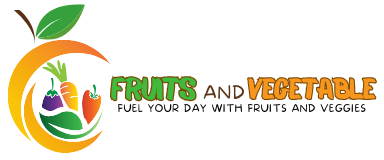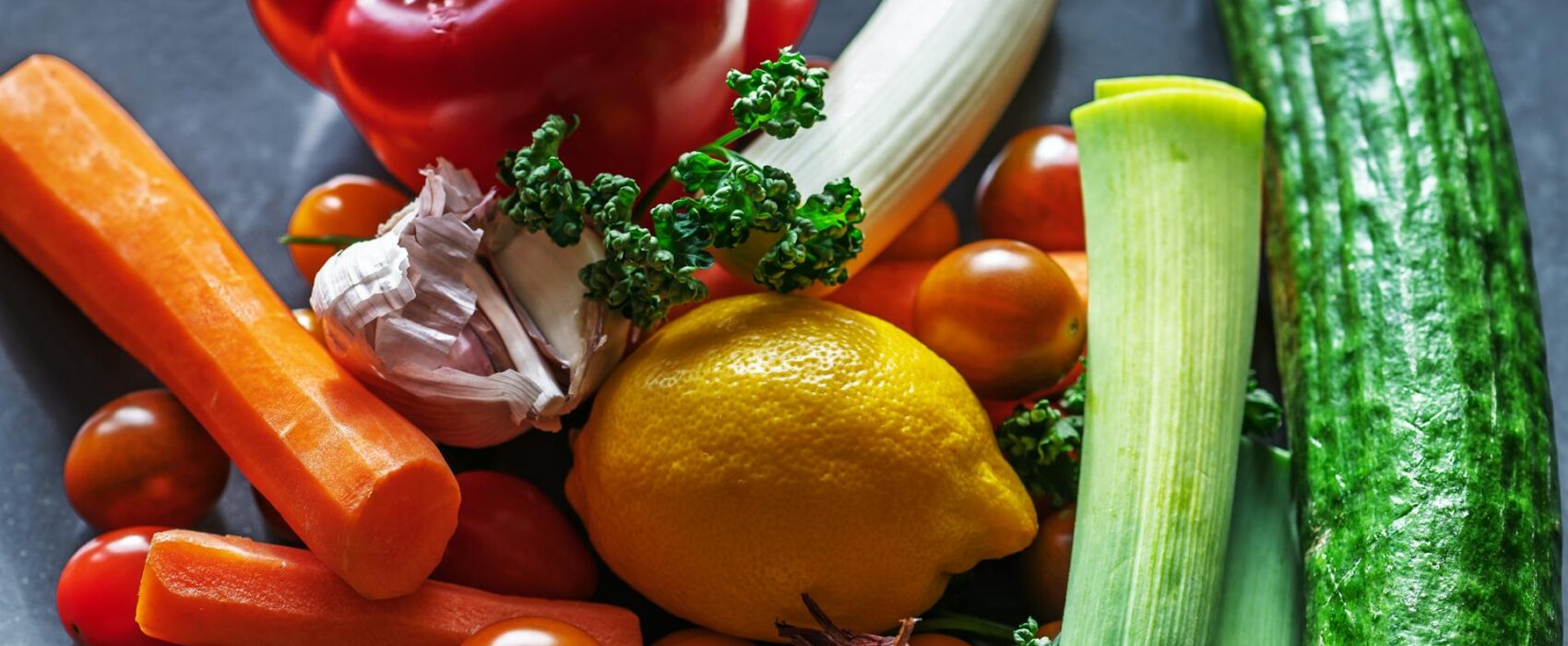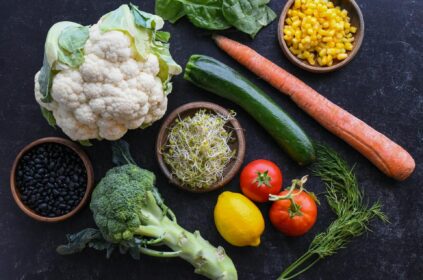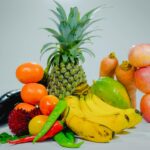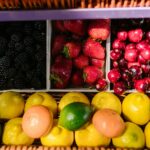In today’s world, many vegetables are available year-round, thanks to imports, cold storage, and artificial farming methods. But despite the convenience, seasonal vegetables remain the best choice for your health, the environment, and even your wallet.
In this blog, we’ll explore why eating seasonal vegetables matters, the benefits for your body, and how it supports local farming and the environment.
🌿 What Are Seasonal Vegetables?
Seasonal vegetables are those that are naturally harvested during a particular time of year, depending on the climate and soil conditions. For example:
- Spinach and carrots grow in winter
- Cucumbers and okra thrive in summer
- Pumpkins and radishes flourish in autumn and spring
Eating them when they are in season means you consume them at their freshest, tastiest, and most nutritious stage.
✅ Top Reasons to Eat Seasonal Vegetables
🥗 1. Higher Nutritional Value
Seasonal vegetables are harvested at their natural peak, which means they retain:
- More vitamins, minerals, and antioxidants
- Better flavor and texture
- Maximum health benefits
👉 Example: Spinach harvested in winter contains more Vitamin C than the same spinach stored and eaten months later.
💰 2. Cost-Effective and Budget-Friendly
Seasonal vegetables are grown in abundance during their time, so:
- They are cheaper and fresher at local markets
- You save money compared to imported or off-season items
👉 Example: Tomatoes and cucumbers are most affordable during peak summer months.
🥦 3. Better Taste and Texture
Off-season vegetables are often:
- Picked early
- Stored in cold storage for months
- Ripened artificially using chemicals
This affects taste, while seasonal vegetables are:
- Naturally ripened
- Juicier, more flavorful, and easier to cook
🌱 4. Supports Local Farmers and Communities
Buying seasonal vegetables from local markets:
- Helps small farmers earn directly
- Reduces dependency on imported foods
- Strengthens local agriculture and economy
👉 Buying locally-grown methi (fenugreek) in winter helps farmers sell their fresh produce directly.
🌍 5. Environmentally Friendly
Eating seasonal means:
- Less transportation and storage costs
- Lower carbon footprint
- Less need for pesticides and preservatives
This makes seasonal eating a climate-smart, eco-conscious choice.
💪 6. Aligns with Your Body’s Natural Needs
Nature provides vegetables in each season to meet your body’s needs for that time.
| Season | Body Needs | Seasonal Veggies |
|---|---|---|
| Summer | Hydration & cooling | Cucumber, bottle gourd, spinach |
| Winter | Warmth & immunity | Carrots, turnips, mustard greens |
| Autumn | Detox and cleansing | Pumpkin, beetroot, radish |
| Spring | Energy & metabolism boost | Coriander, green onions, peas |
👉 Eating according to nature keeps your body balanced and energetic.
🛒 How to Start Eating Seasonal Vegetables
- Visit local farmer’s markets: They usually sell freshly harvested vegetables.
- Follow monthly seasonal vegetable charts (or ask your vegetable seller).
- Cook traditional dishes that are based on seasonal availability (like saag in winter).
- Avoid cold-storage or imported veggies unless necessary.
📌 Examples of Seasonal Vegetables in Pakistan
❄️ Winter (Nov–Feb):
- Carrot (Gajar)
- Spinach (Palak)
- Mustard greens (Sarson)
- Radish (Mooli)
- Turnip (Shaljam)
- Cauliflower (Phool gobhi)
☀️ Summer (May–Aug):
- Cucumber (Kheera)
- Okra (Bhindi)
- Bottle gourd (Lauki)
- Tinda
- Eggplant (Baingan)
- Ridge gourd (Turai)
🌤️ Spring/Autumn (Mar–Apr / Sep–Oct):
- Pumpkin (Kaddu)
- Beetroot (Chukandar)
- Green onion (Hari pyaaz)
- Fenugreek (Methi)
- Cabbage (Band gobhi)
✅ Summary: Benefits of Eating Seasonal Vegetables
| Benefit | Why It Matters |
|---|---|
| Better Nutrition | More vitamins and antioxidants |
| Cost-Effective | Fresher and cheaper during peak harvest |
| Better Taste | Naturally ripened, not chemical-laden |
| Supports Local Farmers | Encourages sustainable farming |
| Eco-Friendly | Lower environmental impact |
| Healthier Body | Aligns with seasonal needs and weather changes |
🌿 Final Thoughts
Eating seasonal vegetables is a simple but powerful habit. It’s better for your health, better for your community, and better for the planet. By choosing local, seasonal produce, you’re not just eating food — you’re supporting a healthier and more sustainable lifestyle.
🥕 Eat fresh, eat seasonal — and let nature guide your plate!
